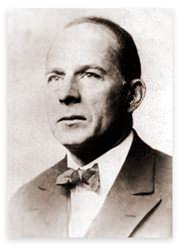A Quote by Uday Kotak
If you look at 2009, why did the recovery happen? Recovery happened because somebody in the world's largest economy opened the tap: the U.S., followed by Europe and now Japan.
Related Quotes
The real story in housing will be a recovery in the economy that will drive a recovery in housing, When people are working, when there are more jobs, more households forming and people go back to buying cars, they're going to want their apartments and homes. And that's when you'll start to see a recovery in home prices.
Italy is the fourth-largest economy in Europe and the eighth-largest economy in the world, and its banking system is collapsing. And Germany is desperate. It must maintain its standard of living. It can only do that with exports and Deutsche Bank is very exposed to Italian debt. But so is the rest of Europe.
But if, if you take a look at what would have happened, I mean, do we need to see soup lines down the street to figure out what would have happened? We avoided - and all economists will tell you that millions of jobs were saved because of the Recovery Act, and we avoided a second Great Depression. That, that is a reality.
God helps me for sure every day and at every contest. I broke my hand and had to get surgery on it. The recovery was really frustrating because I had to skip three weeks at the beginning of the season. But I flipped it around and took it as a blessing. I said a lot of prayers and just asked God to do His thing. I did other things to compliment the recovery like getting the right sleep and taking care of my body. But I went back to the doctor after four weeks and he was ecstatic about the recovery of my hand. I take that as a tribute to my faith and my belief in doing the right things.
People think of a business cycle, which is a boom followed by a recession and then automatic stabilizers revive the economy. But this time we can't revive. The reason is that every recovery since 1945 has begun with a higher, and higher level of debt. The debt is so high now, that since 2008 we've been in what I call, debt deflation.



































